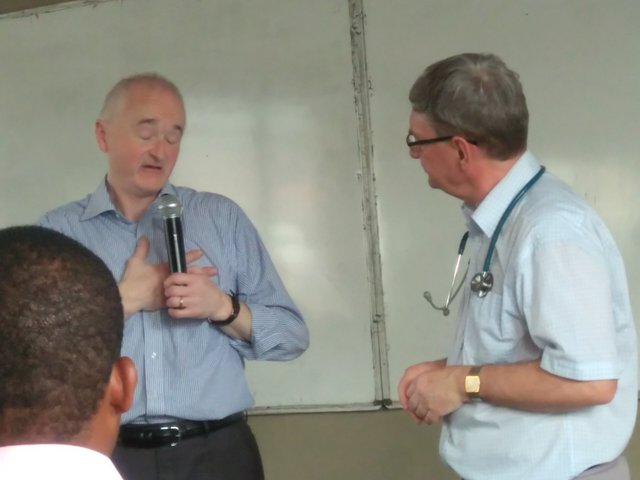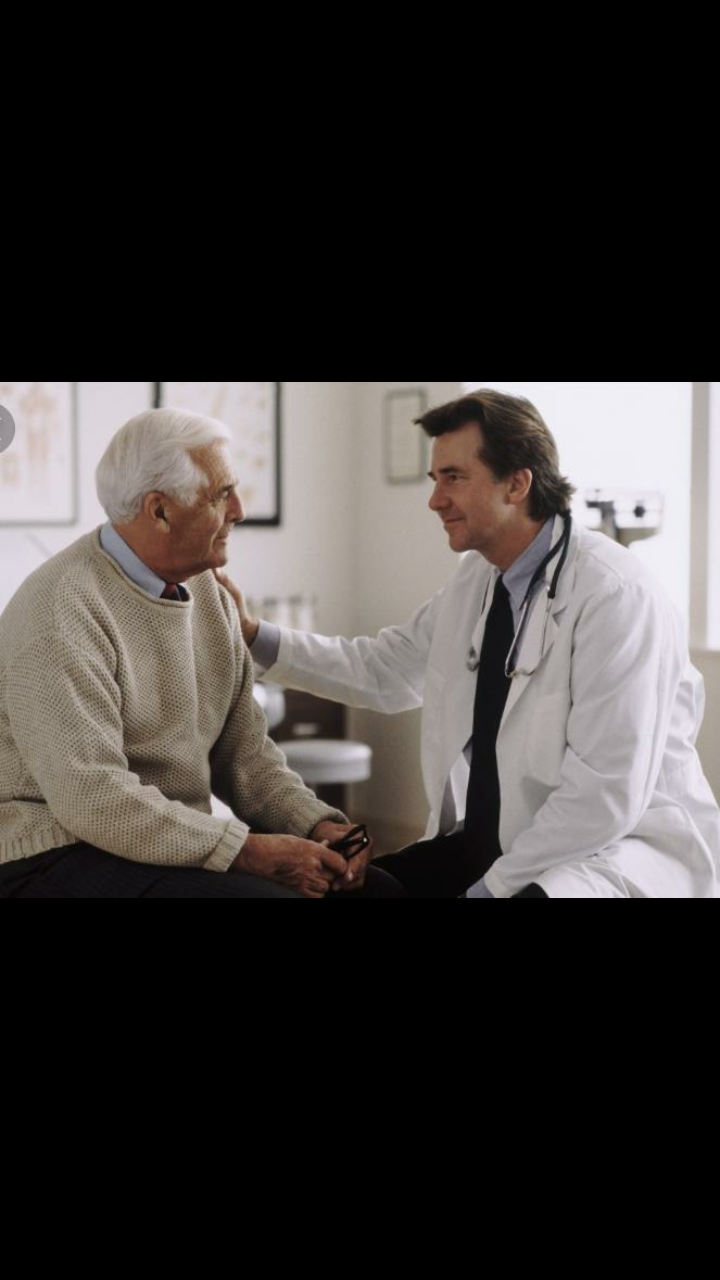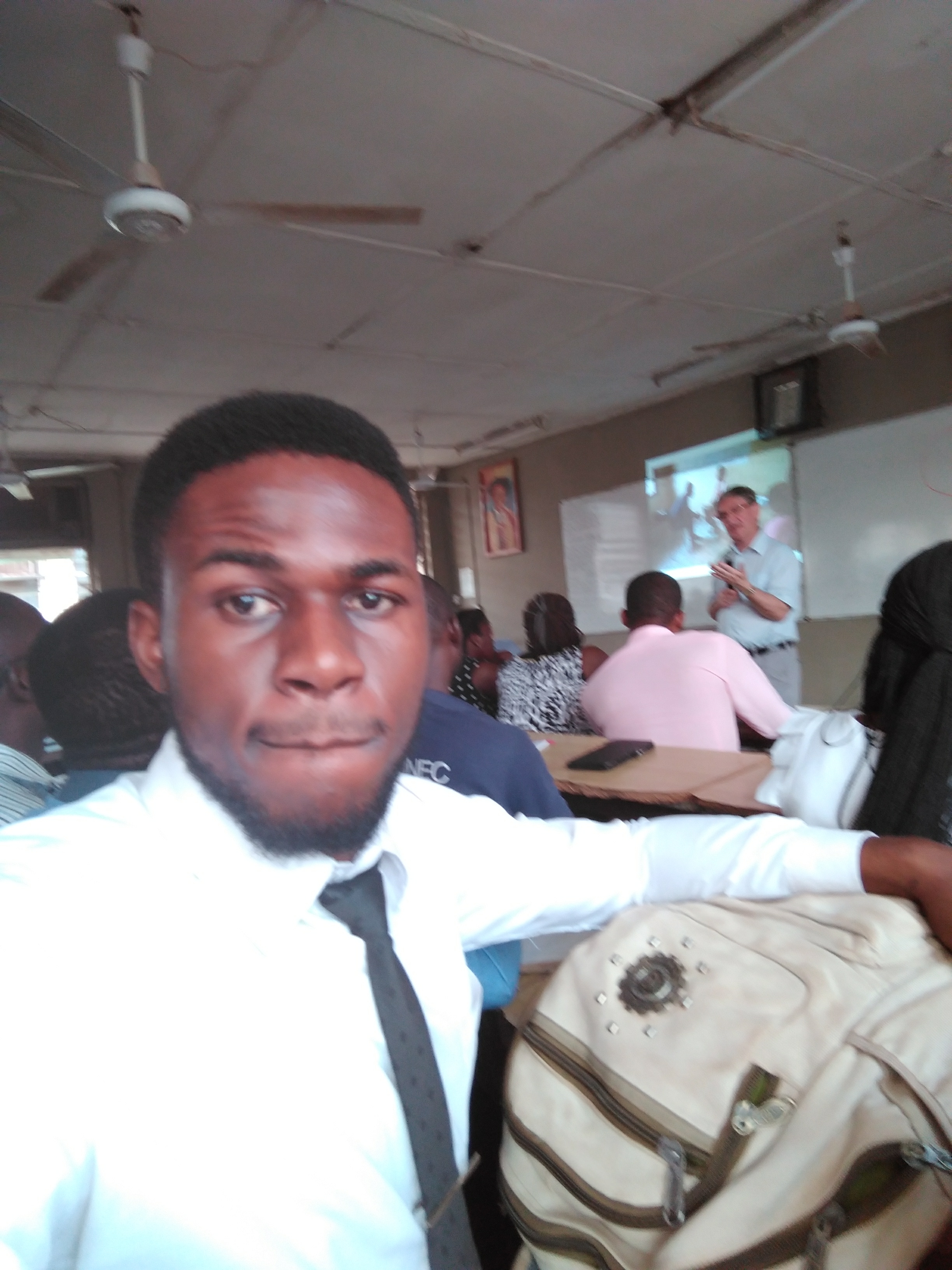WERE YOU A PATIENT TO A DOCTOR AT ONE TIME?, HOW WERE YOU WELCOMED BY YOUR DOCTOR?.

Picture source: prime NGO conference
How do our patients see us as? Doctors have you ever asked yourself this questions?. If you probably have, then you will get to know how patients feel when they are not treated well during consultations. In medical practice the word "thank you" is very important, this shows satisfaction of your patient especially immediately after consultations.
It is well known that patients visit doctors incases of serious medical situations spanning from health, psychological, and even emotional councelling. In their minds they are coming to seek for solutions, comfort and hope, even in serious or incurable illness. How we treat these patients that rely on us for support matters alot because we will either leave good or bad impressions on their minds.

Picture source: google image
If you are asking yourself right now, what makes a good consultation or how can I leave a good impression on my next patient?, Take a good look at this picture above, and what can you say about it?, Does it meet some of what makes a good consultation which include;
• A good consultation starts with the environment(consulting room). It is important that the setting should be in a way that the doctor is focused on the patient, in cases were others might be in the same consulting room. The patient should feel at ease and not threaten by the environment. Meeting patients in the consulting rooms allows the doctor to make an early assessment of his demeanour, hearing, gait etc. All of the following questions should be easily assessed;
A) Are the posture and stance normal?
B) Is your patient hightened or depressed?
C) Does the patient makes good eye contact?
D) is your patient short of breath, or wheezing?
• It's believed that, first impression matters alot. As a doctor, before a patients comes into the consulting room, it's required that you take some minutes to familiarise with the patient folder, the name and reason for referral (Incase of any), so as to facilitate a warm welcome to the patient. Patient should be welcome with a warm handshake and addressed by their name or title in the community, adequate eye contact should be maintained so as to boost the patient confidence to express his problems, shows the patient that you are interested in his problem.
• Another important context here is, note taking during consultations. This is important because, it avoid repeatations of questions asked before, making the patient feel you are not paying attention to his complains. It's important that a doctor possesses a good listening skill, since studies reveals that, an average doctor interrupt his patient after 19 seconds which could hinder the patient from completely expressing himself.

Image source: Google image
• Non-verbal communication is as important as what the patient says, although they might be some contradiction. Particular gestures during the description of symptoms can give vital clinical clues.
•As doctors we are charged with lots of diagnosis, acquired with years of experience in training. How does it affect our consultation? Questions during consultations should not be directed to any performed diagnosis but instead should be tailored to treat the primary cause of the illness or symptoms(incases which the primary cause is incurable). It means that vital questions should be asked with sensitivity, sympathy and awareness of your patient needs, since much of it might be distressing or even embarrassing. This gives the patient a sense of being loved and cared for.
• Vocabulary is another vital key in consultations, since history taking require interaction with the patient to get history of the illness. It's important to use vocabulary that the patient will understand, this understanding need to be in two levels; he must understand the basic words used, and his interpretation of those words must be understood and clarified by the doctor, example a patient who says he is dizzy could be describing actual vertigo, but could just mean light-headedness or a feeling that he is going to faint.

Picture I took in the prime NGO conference
" UNTILL RECENTLY, THE HEALTH PROFESSION HAVE LARGELY FOLLOWED A MEDICAL MODEL, WHICH SEEKS TO TREAT PATIENT BY FOCUSING ON MEDICINE & SURGERY, AND GIVES LESS IMPORTANCE TO BELIEF AND TO FAITH IN HEALING IN THE PHYSICIAN AND IN THE DOCTOR-PATIENT RELATIONSHIP. THE MECHANISTIC VIEW OF PATIENT IS NO LONGER SATISFACTORY. PATIENT AND PHYSICIANS HAVE BEGUN TO REALISE THE VALUE OF ELEMENTS SUCH AS FAITH, HOPE AND COMPASSION IN HEALING PROCESS "
prime NGO™
Follow me @michaelbrown.
Non verbal communication is highly important in the medical practice. Patients need all the love, care and compassion doctors can give.
At all times, medical doctors are expected to give hope even when it seems like there is none. This should never be mistaken for Lieing to them about their illness. They just deserve the right to know the truth about their health.
Thanks for sharing dear.
Thanks for reading my post....I appreciate
Congratulations @michaelbrown! You have completed some achievement on Steemit and have been rewarded with new badge(s) :
Click on any badge to view your own Board of Honor on SteemitBoard.
To support your work, I also upvoted your post!
For more information about SteemitBoard, click here
If you no longer want to receive notifications, reply to this comment with the word
STOP